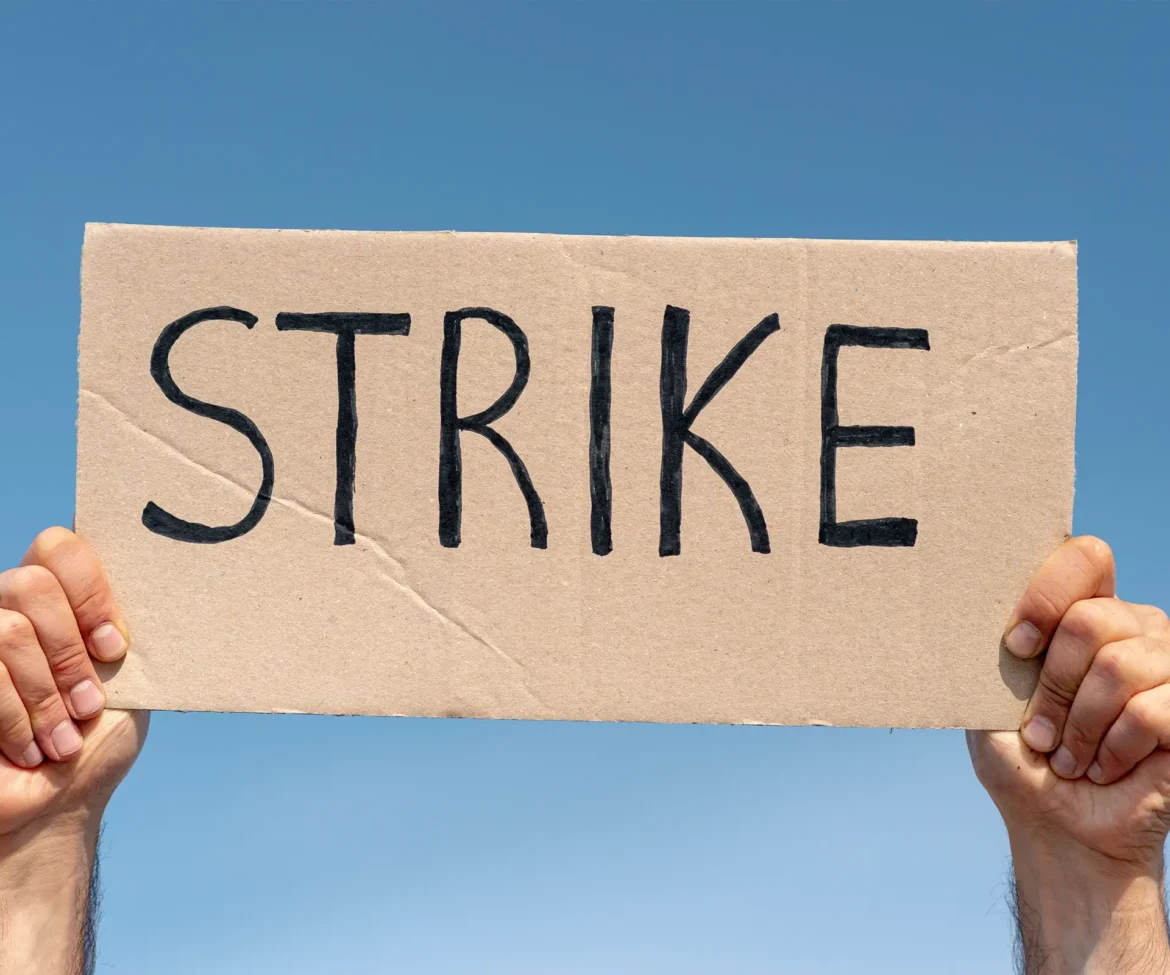Recently, teachers in Alberta have made headlines as they push for better pay and working conditions. Striking is their legal right—a right that allows them to stand up for fair treatment and the resources they need to do their jobs well.
As the publisher of an educational publication, we often hear directly from teachers about the challenges they face. It’s not an easy profession. Teaching can be a thankless, exhausting job—one that demands emotional resilience, endless patience, and deep dedication. The least the rest of us can do is support their right to advocate for themselves and for their students.
However, a troubling pattern has begun to emerge. Across Canada, and indeed across much of the Western world, governments are increasingly turning to heavy-handed legislative tools to suppress strikes and silence dissent. In Alberta, teachers have effectively lost their constitutional right to strike, thanks to the government’s use of extraordinary legal mechanisms that were never designed for this purpose.
In response, the Alberta Teachers’ Association has launched a lawsuit against the provincial government, arguing that these actions infringe on their constitutional rights. It’s a bold move—and a necessary one—to challenge what many see as government overreach.
This isn’t just about teachers—it’s about the erosion of democratic rights.
When governments undercut union rights and then invoke measures like the notwithstanding clause to shield those decisions from judicial review, it sets a dangerous precedent.
The notwithstanding clause was meant to be a temporary safeguard—a stopgap for truly exceptional circumstances. Yet today, some premiers wield it as a blunt political instrument, a way to ram through legislation without accountability.
Even Prime Minister Trudeau, when he offered Quebec the opportunity to use the clause, acknowledged it should remain in place for rare, extraordinary use. Its increasing normalization is deeply concerning.
If we accept that teachers can be stripped of their right to strike, what’s next? When the rights of one group are diminished, everyone’s rights become a little more fragile. Supporting teachers in their fight isn’t just about education—it’s about protecting the democratic freedoms we all depend on.


